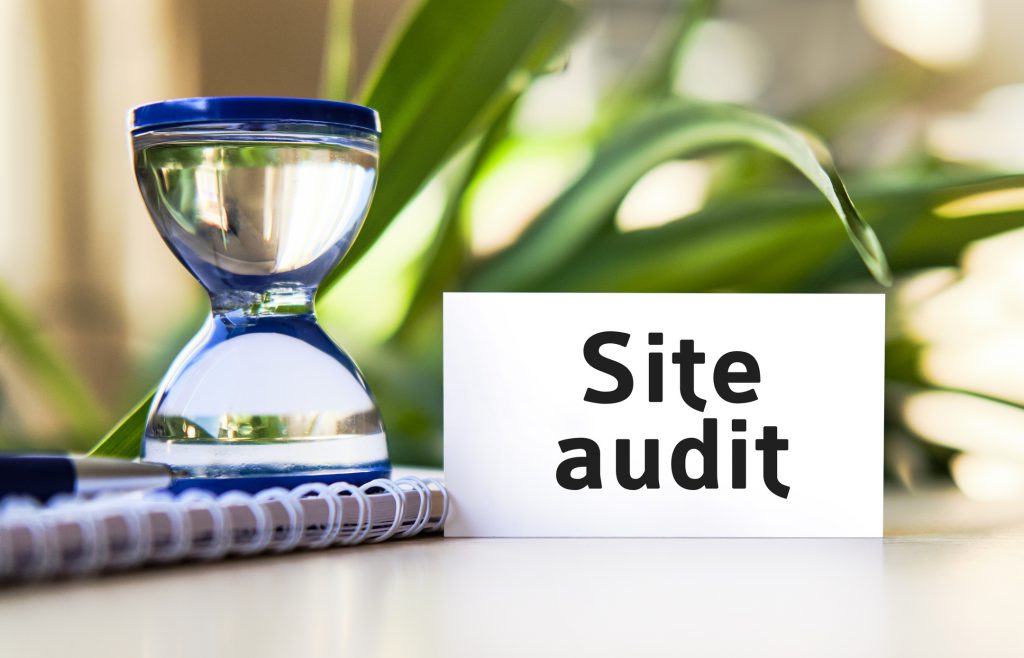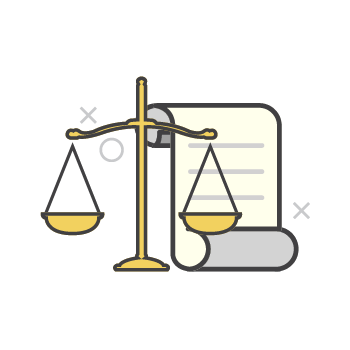Be Innovative: Learn the What, Why and When of Website Auditing
by Lou-Ann Jordan Aug 16, 2021

Innovation.
It’s one of the most critical aspects of a business. Often the word suggests new ideas, be they products or services. However, innovation appears in different forms. It’s also realised when you implement a more effective process. Therefore, as a business owner, your creativity is also reflected in the refining of your operations.
For Caribbean micro, small and medium enterprises (MSME), there are several ways in which your brand can distinguish itself as technologically innovative. This article will focus on doing so through your brand’s online presence or, more specifically, your website.
You may be wondering what your website has to do with technological innovation—doesn’t everyone have one? But remember, we extended the definition to include the upgrading of processes. As such, improvements to your website is key to your business’ effectiveness, no matter its size. And that leads us to ‘website audits’ and why it’s essential to do a website audit.
Website auditing is a necessity for all businesses, and in our digital climate, there are more businesses with websites. In 2016, the Caribbean Development Bank, in discussing MSME in Latin American and the Caribbean and their position on the global innovation landscape, noted that Guyana had the highest percentage of firms having websites. These numbers are sure to have increased over the last five years and in other countries too.
With so many businesses wisely acquiring websites, keeping abreast of the quality of their performance is vital. But the work does not end with simply building your site, believe us. The fact is once you’ve got it up and running, periodic checks must be done. These scheduled checks will help with the wellness of your website, ensuring its functioning optimally. And, when we say optimally, we mean generating traffic, leads, conversions and sales consistently.
We don’t want to bog you down with too much information, so to be concise, we’ll aim to answer the following questions:
- What are website audits?
- Why do you need a website audit?
- How often should you do a website audit?
Let’s dive right in.
What is a website audit?
Website audits are investigations carried out to determine a website’s effectiveness by its visibility on search engine pages (SERPs) like Google. Google aims to match content on the web to the ideal user. A thorough analysis becomes necessary because, occasionally, search engines make changes to their algorithm, impacting your website traffic. In addition, Creative.onl notes that well-performing sites may still have issues. As such, high-trafficked sites should still be audited as complacency can eventually cause a lull or worse decline in traffic.

Why are website audits necessary?
When a website is getting a lot of eyeballs, has good search engine ranking, and optimised content, it’s easy to think all is well. Meanwhile, a poorly performing site may seem to be in more need of an investigation. Though the latter certainly would need to be examined and improvements made, it should be done in both situations. A website check also helps to unearth hidden issues. You may be wondering what some of the problems are that can affect the performance of your website. Here are two:
Page speed – with thousands of websites on the worldwide web, all vying for attention and offering solutions, you want your content to be seen. A slow-loading website can result in your audience turning to the competition in impatience. So what’s the ideal page loading speed? Yello’s Customer Success Manager, Sachin Ellcock, advises that under three seconds should be the goal.
Optimal data usage – Statista notes that as of January 2021, the Caribbean had a mobile internet penetration of 77%. An increasing number of people use mobile devices to surf the web, some of whom rely on monthly pre-paid data plans. Therefore, ensuring the loading of your web pages requires low data or bandwidth usage is crucial.

What types of website audits are there?
Opinions vary on the types of website audits and the level of involvement required. However, for MSMEs now becoming acquainted with managing their websites, we’ll keep it simple. Content.onl suggests three overarching types that are critical for your website’s health: content audit, technical audit and user experience audit.
Content audit – entails examining all the content on your website. Essentially, it helps to determine the performance level of posts. Such an audit often involves analysing keywords in headlines or the body of a post for relevancy and reliability.
Critical to the use of keywords is to avoid stuffing them. Keyword stuffing is frowned upon and may result in your website being penalised. A helpful tip from Sachin is to support your root keyword with secondary and tertiary ones. The Customer Success Manager supplied this example: use words associated with the “root” keyword.
Let’s explore, as an example, a coffee shop. Generally, ‘coffee’ would be considered a root keyword. However, in creating content for a website, a coffee shop owner can utilise what’s known as Latent Semantic Indexing Keywords (LSI Keywords) by speaking about coffee indirectly. This indirect approach would involve using LSI keywords such as beans or words associated with the coffee-making process. LSI keywords help search engines identify the relevance of an article. For example, Apple (brand) vs Apple (fruit) can be distinguished, and search engines can place the right eyeballs on your content.
Moreover, using this technique will allow you to share information about your product or service through the lenses of those receiving or interacting with it. Ultimately, inspecting your website’s content reveals its relatability and relevance to your audience. It also shows if you’re guiding your users to an end goal. The benefit of doing so is better organic ranking on search engines.
Technical audit – In addition to the length of time a page takes to load, a technical audit covers the website’s overall speed and the accuracy of the meta tags. Unseen to the non-technical eye, the metadata is checked by search engines to ensure all the information on the site meets their criteria.
User Experience (UX) audit – A UX audit considers everything viewed once your link is clicked. It’s about their journey as they traverse your website. What is the main objective of your site? Does it resonate with your audience? Is the transition to the actions required on your pages smooth and instructions clear and concise? Do backlinks work, or are visitors taken to error pages? The user experience is an essential variable for all websites, but even more so for e-commerce ones.
How often should a website audit be done?
The frequency of the audit varies based on the size of your business. For large companies, some suggest two or four times for the year. However, if you’re a micro, small and medium enterprise and you’ve made website changes, it’s best to have a check done in the first quarter and then later in the third quarter of the year. By scheduling bi-annual reviews, you can keep abreast of any issues as user experience changes frequently.
When we hear the word innovation, it can conjure up mind-blowing ideas, products and services. We may even think of large companies creating new trends, which may all very well be true. Yet, innovativeness lies in enhancing a process or polishing an idea, product or service. As an MSME, ensuring your website is performing well cannot be overlooked. It is crucial to the means of improving your service.
We encourage you, be innovative!
Sources: Caribbean Development Bank, Statista, Creative.onl, Backlinko, The SEO Checklist and All Things Web.








